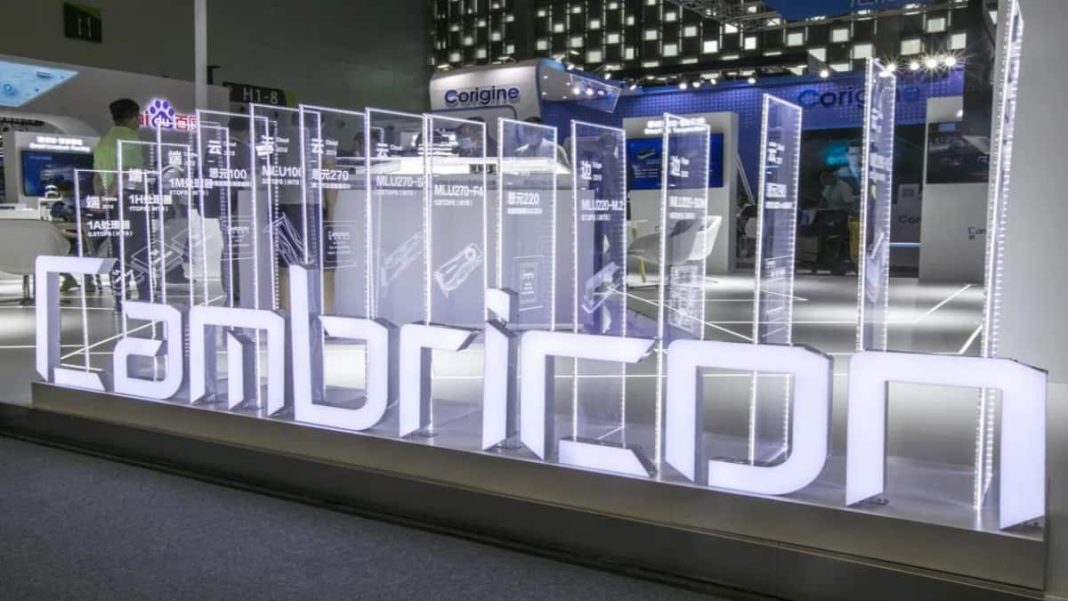Key Takeaways
- Chen Tianshi’s wealth surged to $22.5 billion as US-China tech tensions boosted his AI chip firm Cambricon.
- Cambricon shares skyrocketed over 765% in 24 months following Chinese government protectionist policies.
- Experts question whether the valuation is sustainable without continued state support.
The ongoing technology conflict between the United States and China has created an unexpected billionaire: AI chip entrepreneur Chen Tianshi. His fortune has ballooned to $22.5 billion as geopolitical tensions reshaped China’s semiconductor landscape.
Geopolitical Winds Fuel Wealth Surge
Chen’s remarkable wealth increase stems directly from the US-China tech war. When Washington restricted China’s access to advanced chips, Beijing responded by aggressively promoting domestic alternatives. This protectionist environment created a sheltered market for Chen’s company, Cambricon Technologies.
Shares of the AI chip designer have surged an astonishing 765% over the past two years. Chen, who holds a 28% stake in the Beijing-based AI accelerator producer, has seen his wealth more than double since the start of the year.
The Protectionism Premium
Cambricon’s fortunes changed dramatically in August when Chinese authorities urged local companies, particularly government entities, to avoid using Nvidia’s H20 processors. This directive sent investors flocking to Cambricon shares, though the Shanghai Stock Exchange later cautioned that the company remains under US sanctions.
The situation represents a significant shift in China’s tech ecosystem. Just years after cracking down on private-sector giants, Beijing is now fostering a new class of state-aligned tech elites who benefit from political favor rather than pure market competition.
Expert Skepticism and Challenges
Industry analysts express caution about Cambricon’s valuation. “Cambricon’s explosive revenue growth is mainly due to a low starting point, and its current valuation may be inflated without sustained policy support,” said Shen Meng, director at Beijing-based investment bank Chanson & Co.
Technical hurdles remain substantial. “It’s too early to say if Cambricon or Huawei will become China’s Nvidia,” noted Sunny Cheung of the Jamestown Foundation. “Nvidia’s full stack, including the CUDA ecosystem, is extraordinarily hard to replicate quickly.”
A New Billionaire Blueprint
Despite valuation concerns, Chen’s ascent demonstrates how China’s state support can create billionaires in targeted sectors. At 39, he now ranks as the world’s third-richest person under 40, trailing only heirs to the Walmart and Red Bull fortunes.
His story exemplifies how geopolitical tensions are rewriting the rules of tech wealth creation, producing a new generation of entrepreneurs whose fortunes are deeply intertwined with national industrial policy.






